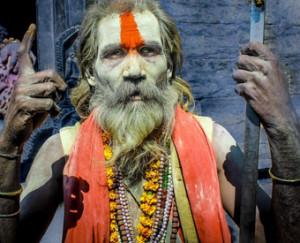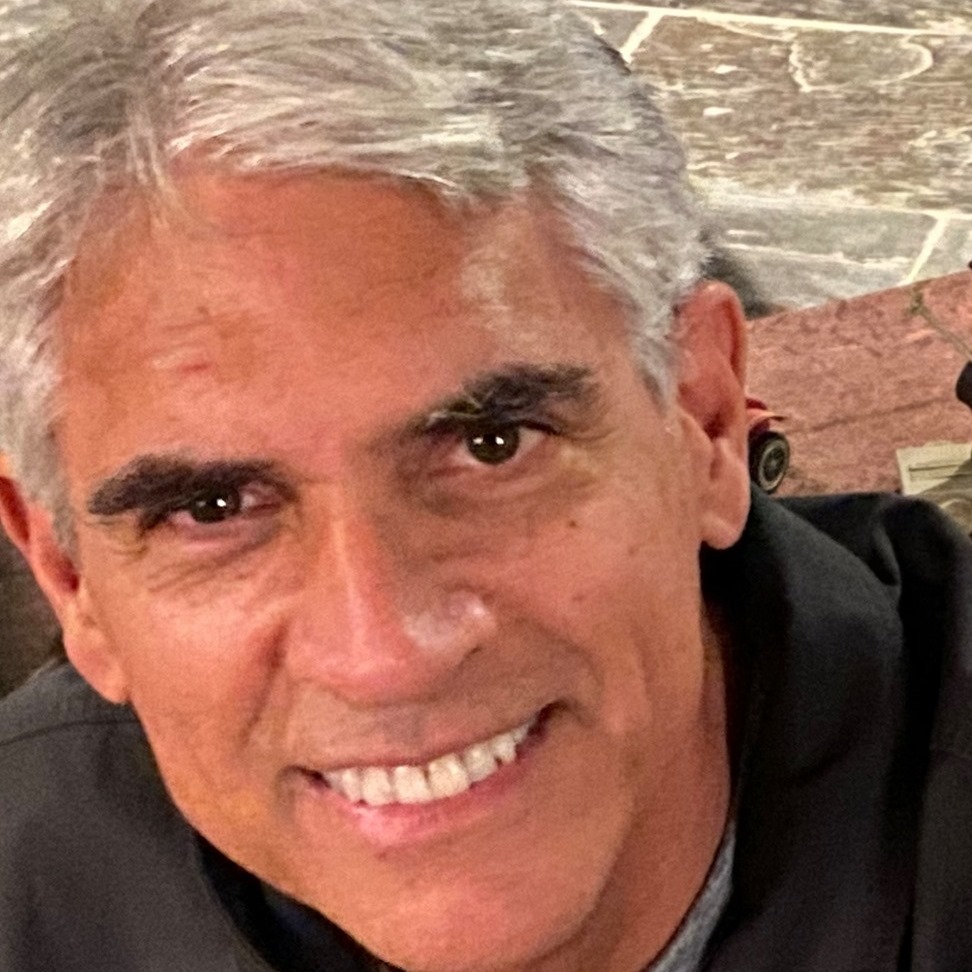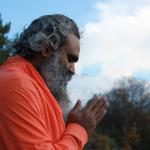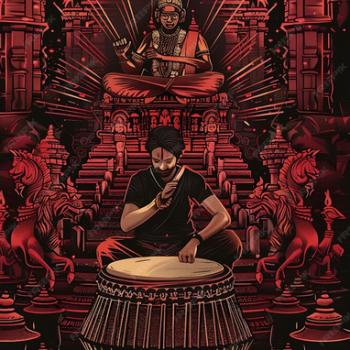
image: https://app.designwizard.com/
I was recently involved in an informal chat with some Hindu homies of mine. Someone had found a statement by Manu (sometimes referred to as the Hindu version of Moses or “lawgiver”) that indicated a ban on organ donation. I was quite pleased with the comments. To a person, everyone on the thread agreed that organ donation was a good thing, and that they were all on board with allowing their eyes, heart, kidneys, marrow, etc. to be put to good use when they are all finished with them by allowing someone else to live a fuller life. Obviously, some organs can be harvested while the donor is alive, others must stay secured until the atman passes to another cosmic level.
The consensus was that just because someone said or wrote something centuries ago does not mean that we are bound by a dictum that no longer makes sense. Perhaps it didn’t even make sense then. This forces those of us who embrace the Dharma to exercise our critical thinking and compassion. There are many verses in the Hindu shastras that if approached with a sense of blind obedience will encourage us to take the easy way out of a complicated situation.
Another case in point, I was once on a thread where a woman asked about adopting a child. Another Hindu friend of hers implored her not to. The reasoning was that the child’s karma was clearly to live the life of an orphan!
Are you kidding me?
Easy Ways Out Living
Living according to that absurd notion would then drive us to avoid feeding the hungry or administering aid to those caught in natural disasters. Shrugging things like this off as “somebody else’s karma” is the antithesis of Hinduism’s call for us to perform seva (service) to those in need. But again, somebody reads something somewhere and they feel empowered with a moral authority that allows them to avoid the hard work in life.
I’ve seen a bumper sticker from time to time that reads, “God said it. I believe it. Case closed.” Sometimes I wish life was so easy. But it’s not. And when I have moral decisions to make, perhaps I will peruse my sacred Hindu texts. But the ultimate answer will not depend solely on what I find in those pages. I’ve heard the argument many times that this sort of ethical “flexibility” can often lead us to the easy way out. Of course it can. This is why Hindu Dharma encourages us to follow deep spiritual practices to the point where we are able to come to the most appropriate conclusions in the situations that life presents. And even those who claim that their scriptures are always the final word on ethics, one’s interpretation can often allow for selfish behavior to win the argument.
I’d like to borrow a story from another tradition if I may.
Joshua approached Rabbi Schwartz, asking him, “Did Moishe come to you today?”
“No, I haven’t seen him. What does he want?” replies the rabbi.
“He wants to ask you if a certain activity is forbidden on Sabbath.”
“Ah yes. I think I know which activity he means. Tell you what; you go find him. Recommend that he sees Rabbi Brazel instead. He’ll get a more accommodating answer from him than me.”
I maintain that while this story is very Jewish, if I changed the characters to be Hindu it would be met with a great understanding and appreciation in my community. Perhaps Rabbi Schwartz knows of Moishe’s circumstances, and is compassionate towards him, yet feels compelled to maintain a hard line for fear of the townspeople thinking he’d gone soft. It’s just as easy to direct him otherwhere.
Not Quite Commandments
Hindu Dharma does have many strong stances on moral and ethical issues that are outlined in scriptures such as yamas and niyamas, which encourage restraints (yamas) and positive virtues (niyamas). Yes, they are often compared to The 10 Commandments, but we wouldn’t use the word “commandment” to refer to these deeply held convictions. And yes, it does so happen that there are 10 of them as well. But though the proscriptions do resemble each other a great deal (refraining from violence, stealing, lying, sexual misconduct, etc.), most of the times that I’ve seen Hindu teachers reflect on these, there is an encouragement to examine every instance where issues surrounding their observance might come up. We are held to the high standard of balancing the spirit and letter of the precepts. And yes, someone could take what we might call the easy way out. But in my experience, pious Hindus usually make the right decisions. Note that I said pious Hindus. Just because one is an adherent to a religion does not mean that they are going to be a paradigm of virtue.
All this said, we would be remiss if we didn’t acknowledge that Sanantana Dharma consists of many denominations, sects, movements and samprayas. Each may very well abide by hard and fast rules. For instance, Gaudiya Vaishnavas eschew intoxicants (including leaded coffee), non-procreative sex, gambling and carnivorous habits. Other lineages may have their own rules. But if you see any lists on the web that are titles “Forbidden by Hinduism” I would take that with quite a few grains of Himalayan salt. You can also learn more by seeing what I have to say about karma.

















